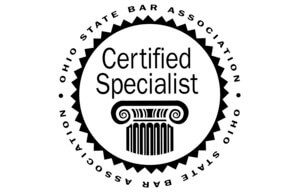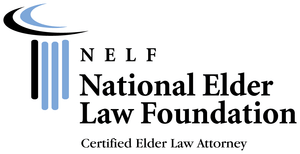Medicaid and VA Benefit Coordination
/These case studies, while based on actual client experiences, are intended for illustration purposes only. They should not be used as a basis for determining a course of action in any other case. The options demonstrated herein should be considered only after consultation with an experienced elder law attorney: the laws are constantly changing and, in addition, a seemingly similar situation may be subject to a drastically different result due to minor factual differences not apparent from these illustrations (in fact, more favorable options may be available due to these variables).
Mary and Ed had been married for 63 years. Ed and Mary had an adult disabled child Jennifer. Mary was receiving nursing home care, at a cost of $6,500 per month. Ed was residing in an assisted living facility, at a cost of $3,500 per month. Their goals were to provide for their own long-term care, while preserving the house for Jennifer. However, they were worried that their assets would be exhausted quickly.
Mary and Ed had a home worth $150,000, but it carried a $25,000 mortgage. They had $120,000 in cash assets. Ed’s income was $1,200, Mary’s income was $800.
After consultation with our Office, the couple paid off the mortgage ($25,000) and pre-paid both of their funerals ($15,000). They then transferred the house into a special needs trust for the benefit of Jennifer. Our Office prepared and submitted an application for Medicaid, including an application for a special allocation of resources due to Ed’s extraordinary support needs. As a result, Ed was allocated $80,000 in assets by the Medicaid office, rather than the normal one-half amount ($60,000).
Medicaid benefits were approved for Mary. Ed is now entitled under the Medicaid laws to keep both of their incomes. In addition, an Aid and Attendance Pension benefit was obtained through the Department of Veteran Affairs providing additional income to Ed (a wartime veteran).
As a result of the foregoing, Mary has permanent care coverage. Ed has sufficient income to provide for his care needs. Should Ed pass away, or should he need nursing home coverage in the future (at a significantly higher cost), the assets retained for Ed can be transferred to the special needs trust created for the benefit of their daughter Jennifer.





